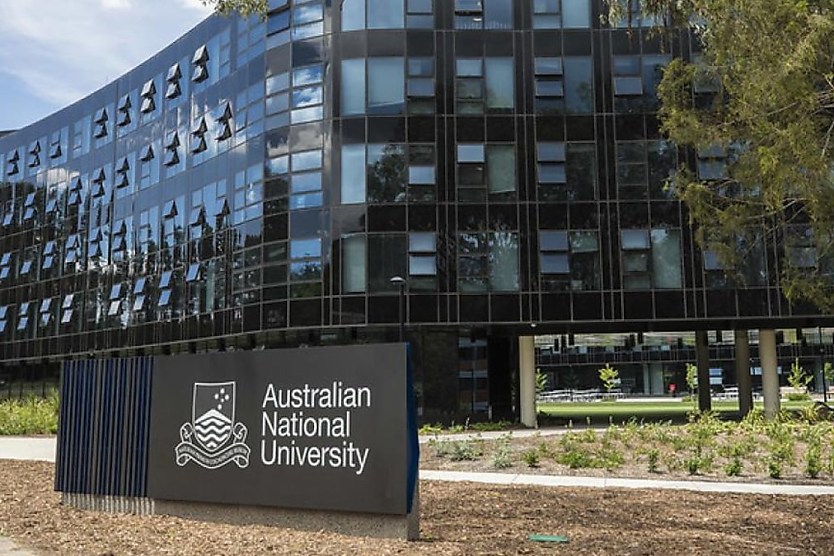ANU facing unlawful termination case from associate professor
SHARE THIS ARTICLE

The Australian National University (ANU) is facing a complex “unlawful termination” case brought forward by a long-term employee who started at the university in 2006.
A legal dispute was filed on 11 June 2024 between the ANU and a long-term associate professor who alleges wrongful termination of employment. The associate professor is seeking various remedies, including reinstatement and compensation.
The ANU, however, disputes the claims of wrongful termination on two grounds: first, that there is no serious legal issue to be tried, and second, if there was one, granting the order would not be in the balance of convenience.
The associate professor’s tenure with the ANU began back in 2006. Since then, he’s had numerous contract extensions; in December 2010, he was appointed to a six-year fixed-term position. This appointment was then varied in 2016, 2021, 2022, and finally, extended to June 2024. However, this agreement expired on 5 December 2023.
On 18 December 2023, the ANU offered the associate professor a fixed-term promotion to a full professor at the grade level E. However, it was withdrawn before the associate professor could accept it.
This offered promotion, however, was repeated on 19 February 2024, which entailed that the offer was contingent on the understanding that the Department of Foreign Affairs and Trade (DFAT) grant that funds the associate professor’s role would end on 30 June 2024.
Since January 2017, the associate professor has been paid by the DFAT grant, with the ANU contributing partial funding, such as superannuation.
The proposed conclusion of the associate professor’s appointment on 30 June is for the purpose of both funding constraints and a new appointment of another professor in his place under the grant. However, the ANU categorically denied plans to fill the associate professor’s existing position with another academic.
The associate professor disputed the premise of the ANU’s offer, arguing that the DFAT grant extends right through to 2026. Therefore, the associate professor believes that the ANU did not comply with the enterprise agreement (EA) clauses regarding the conversion of his employment.
Other academics that are employed on the grant have tenure right through to 30 June 2026.
The crux of the issue was the proposed conversion of the associate professors’ contract, from fixed-term to a continuing contingent fund (CCF). Fixed-term contracts have a clear and specified end date, whereas a CCF is ongoing and contingent on funding ability.
Overall, the ANU argues that funding constraints that have arisen have restricted the grant and that the funding for the associate professor’s role is inefficient beyond June 2024, justifying the termination. They assert that they had operated within the current EA and were compliant when they offered to convert the associate professors’ contract from fixed-term to a CCF.
The associate professor has applied for an interlocutory order, which is to prevent his employment termination. The ANU opposes the interlocutory order, citing funding constraints and compliance with the EA as legitimate reasons for termination.
Both parties are to attend mediation as a matter of urgency. In the event that the matter is not resolved, a final hearing is likely to be undertaken, where the court will have to determine whether the ANU’s offer and subsequent termination were compliant with the contractual obligations covered in the EA.
Kace O'Neill
Kace O'Neill is a Graduate Journalist for HR Leader. Kace studied Media Communications and Maori studies at the University of Otago, he has a passion for sports and storytelling.

